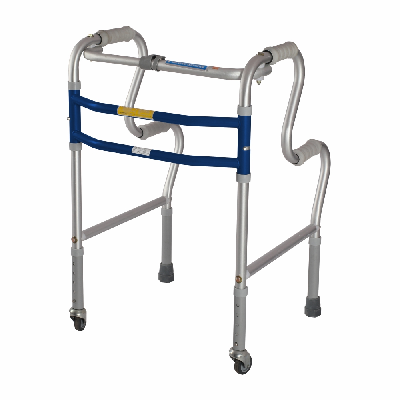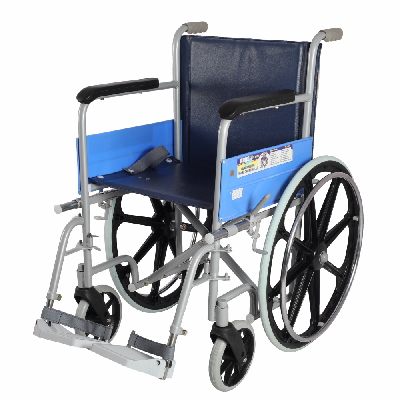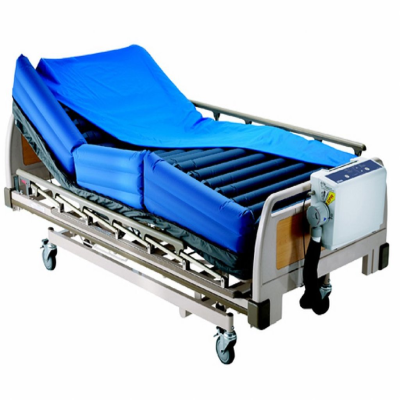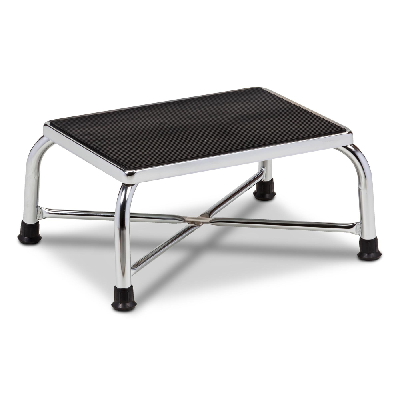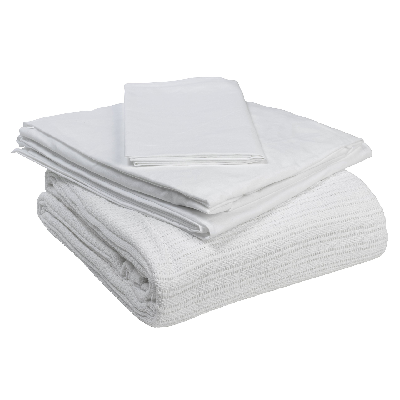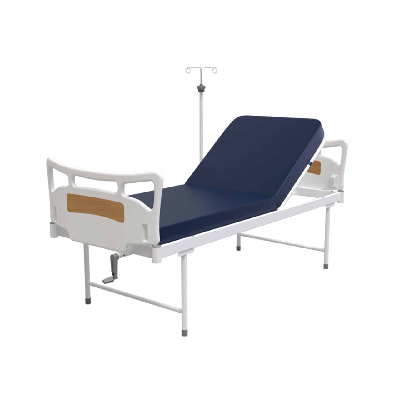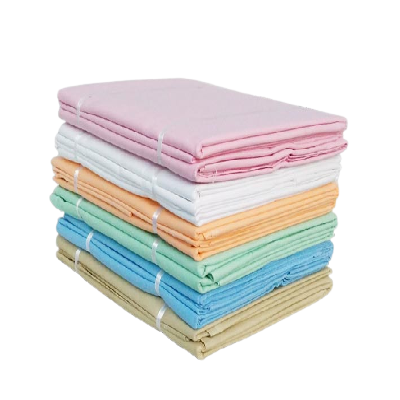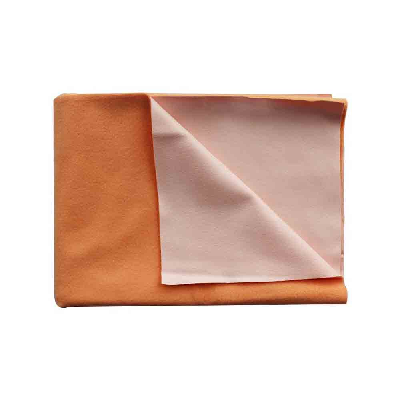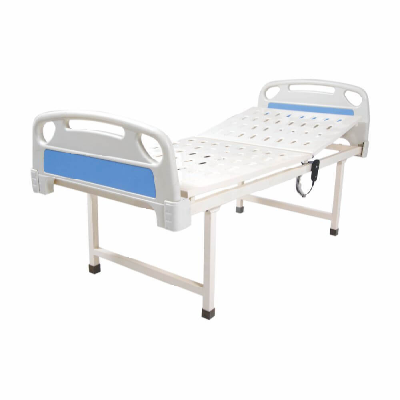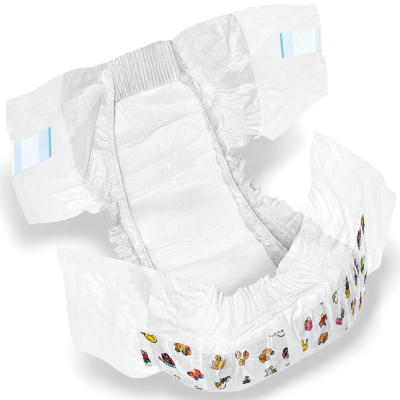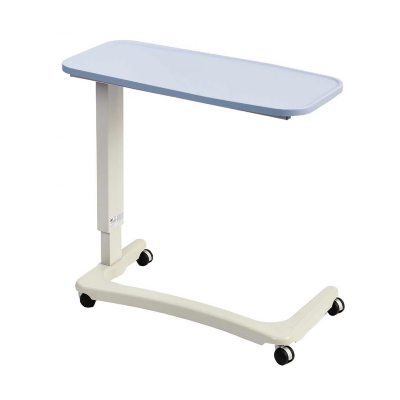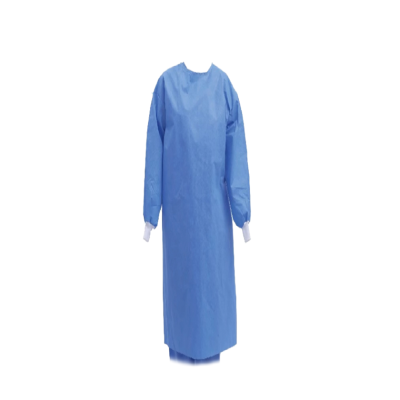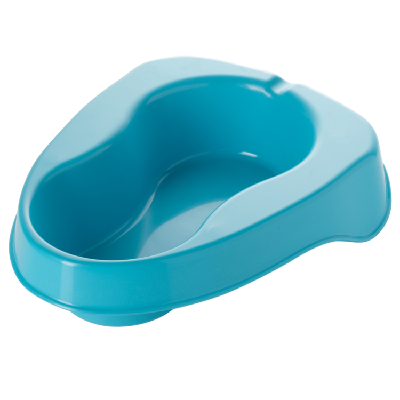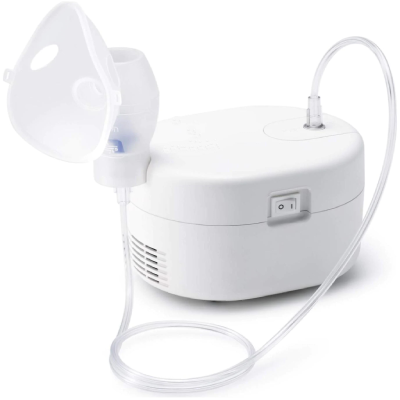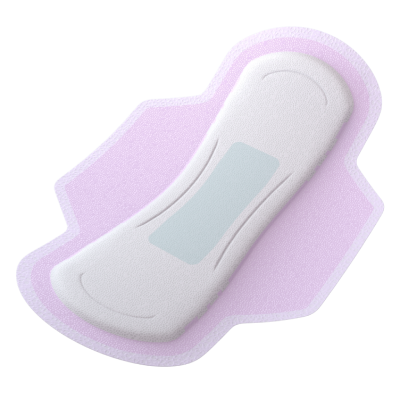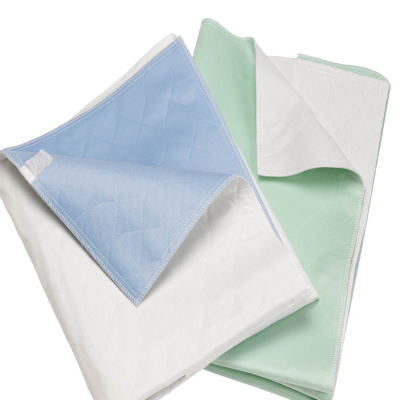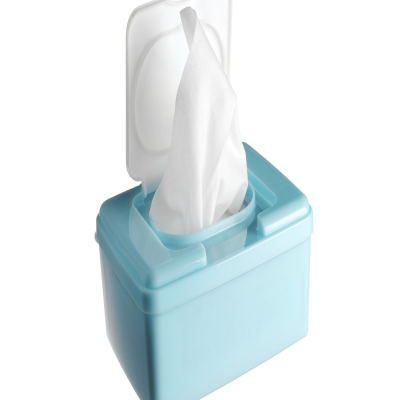As a therapeutic aid or for comfort, a bed with raised or lowered side rails and a mattress foundation in three jointed portions so that the head, foot, or centre can be lifted by a crank or motor, allowing a patient to lie in various positions.
Patient Ward Beds
The greater safety for the user is one of the most significant advantages of owning a ward bed
Hospital beds are a terrific way to give your loved one more independence while yet keeping them safe. Purchasing a patient ward bed, whether for yourself or a loved one, may be a difficult task. It may, however, be done quickly and successfully with a little knowledge of what to look for.
Features of Ward Bed
- Adjustment of height
- Side rails
- Profiling mattress platform
- Electrically operated by a remote handset
- Tilt
- Customisable wood colours
- Ability to accommodate an air bed
- Fully-enclosed wooden head and foot board
Benefits of Ward Bed
- Safety
The greater safety for the user is one of the most significant advantages of owning a ward bed. The bed can be moved around on wheels with locking mechanisms while the patient is in it. This means you can move the patient about the room without worrying about the bed moving because the wheels are locked.
- Compatibility
Ward beds are a terrific addition to any house because they work with other home health care devices. It is easier to transfer a patient from a hospital bed to a wheelchair, rollator, bed table, or other transfer device when they are in a hospital bed. This is owing to the fact that the bed's position can be simply adjusted, making transfers easier and safer.
- Adjustable
Our ward beds are very simple to change. A powered version of many ward beds is available, which may be operated with the press of a button. This means that the user can modify the bed themselves rather than relying on a caregiver or caretaker to do so. This increased independence may be aided by this additional freedom. The user can adjust the backrest height to up to 90 degrees using adjustable placement. The lowest half of the bed can also be modified to improve comfort and circulation in the lower extremities.
- Comfort
The beds at hospitals are really comfy. Our bed packages at Life Medical Equipment feature enhanced therapeutic mattresses. These mattresses are pressure redistribution foam mattresses, which can aid in the prevention of bed sores. Our hospital beds are also adjustable, which means that the user may quickly change the height of their head or feet, as well as sit up at the touch of a button
Related Medical Equipment Products
FAQ About Hospital Ward Beds
A ward is a section of a hospital with beds for a large number of people, often with comparable medical needs.
A hospital bed, sometimes known as a hospital cot, is a bed that is specifically constructed for hospitalised patients or others who require medical attention. These beds offer unique features that benefit the patient's comfort and well-being as well as the convenience of health- care staff.
Hospital beds allow the caregiver to adjust the height of the bed to make it easier and less painful to move the patient to a seated posture, chair, wheelchair, or walker. Moving and getting in and out of bed can be difficult for those with hip pain, lower back injury or pain, and various procedures.
A stretcher, gurney, litter, or pram is a piece of equipment used to transport patients who require medical attention. Variable height frames, wheels, tracks, or skids are common features of a wheeled stretcher (also known as a gurney, trolley, bed, or cart).
The patient has a medical condition that necessitates body alignment that is impossible to achieve in a regular bed. In order to relieve discomfort, the patient must arrange his or her body in ways that are not possible with a regular bed.
These beds are extremely calming because they allow the body to relieve stress and tension by relaxing the muscles. Patients can also recuperate more rapidly with high-quality relaxing beds. The patient can also use the electronic bed to operate bed functions such as height and head adjustments from a distance.
Standing on the opposite side of the bed and turning the patient on their side. Grab the opposite side of the drawsheet by reaching over the person. Under the drawsheet at the person's back, place a pillow or a foam wedge. Between the person's knees, place another pillow or a specifically constructed foam leg wedge.
Address
#31, EB Colony,
Kurumbapalayam, Coimbatore, Tamilnadu, India





